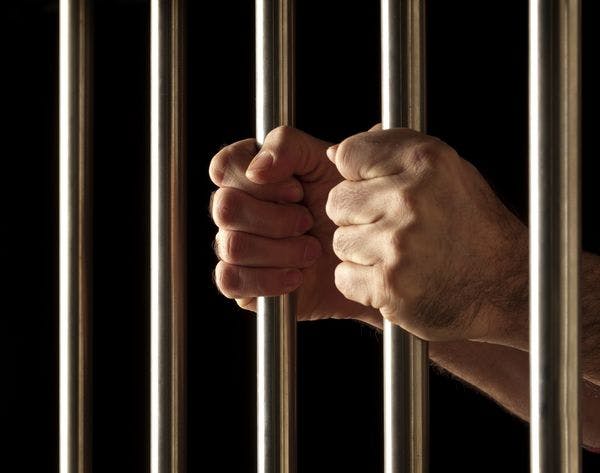Pxfuel
Justice : la première victime de la « guerre à la drogue » menée par le Cambodge
La campagne antidrogue menée dans le pays a criminalisé une question de plus en plus importante de santé publique et a créé une crise pour les systèmes judiciaire et pénitentiaire. Pour en savoir plus, en anglais, veuillez lire les informations ci-dessous.
By Gerald Flynn for Cambodianess
PHNOM PENH - As we hurtle towards the 49th anniversary of former US President Richard Nixon’s infamous declaration of war on drugs, the ramifications of Nixon’s actions—as well as those who followed him—are still being felt acutely here in Southeast Asia. Much has changed since Nixon’s June 18, 1971 address, but the essential futility of criminalizing drug use has not. Through numerous iterations and mutations, Nixon’s war on drugs would not only outlive him, but would go on to expand in scope and scale far beyond the American streets that he had envisaged as the battlefield it would be fought on.
In June 2011, 17 years after Nixon’s death and 37 years since his resignation, the Global Commission on Drugs Policy branded the war on drugs a failure with a report that stated “Vast expenditures on criminalization and repressive measures directed at producers, traffickers and consumers of illegal drugs have clearly failed to effectively curtail supply or consumption.”
Following his declaration of war, Nixon aggressively expanded the powers of federal drug control agencies in the US, but it was future presidents who would carry the torch—leading to the number of people imprisoned in the US for nonviolent drug law offenses to jump from 50,000 in 1980 to over 400,000 by 1997.
Sujets
Régions
Profils associés
- The Lancet
- International Drug Policy Consortium (IDPC)
- Gloria Lai
- Global Commission on Drug Policy
- Amnesty International
